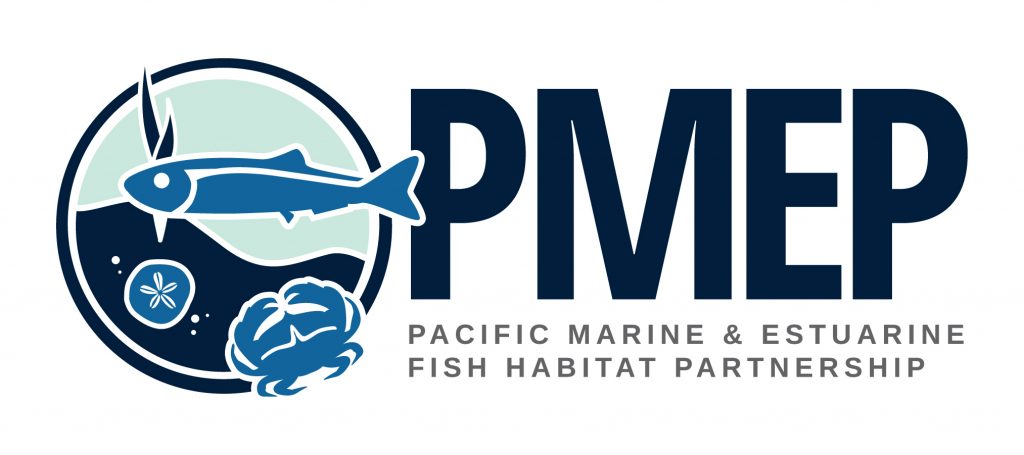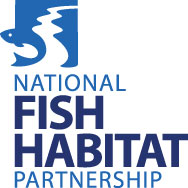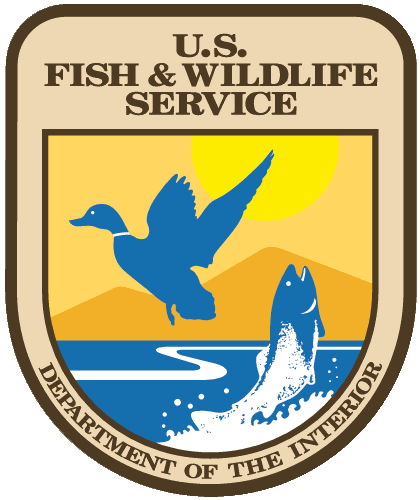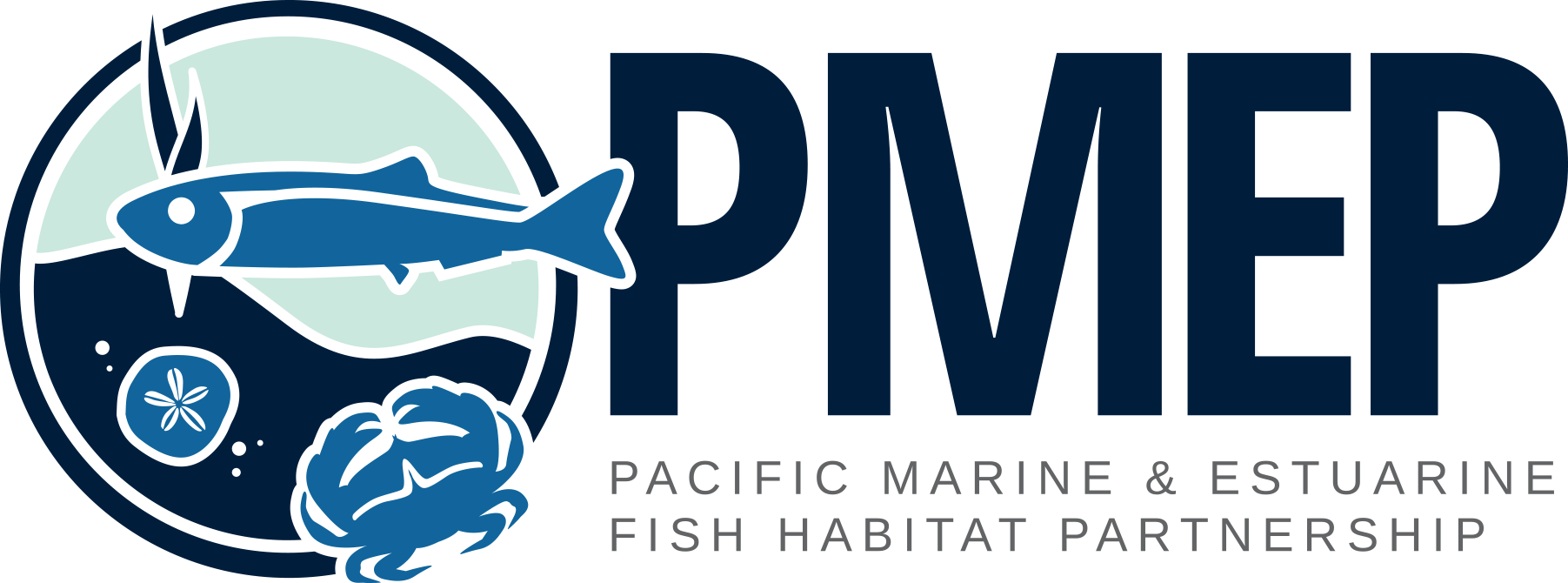Effective Estuary Restoration Symposium
Effective Estuary Restoration Virtual Workshop Series
Exploring the design, methods, and monitoring of estuary restoration along the U.S. West Coast in the context of a changing climate.
Hosted workshops explore tools available to restoration practitioners. Presentations and discussions have covered estuary restoration over time, design criteria, approaches to restoratin blue carbon, monitoring guidance, compiled data available online for planning restoration, and collaborative platforms to share information, methods, and best practices for effective estuary restoration. Case studies from throughout the U.S. West Coast have illustrated the practical use of these tools and examples of methods and techniques to help improve estuary restoratin effectiveness.
Please explore the presentations from our first three workshops below and on our YouTube Channel.
Subscribe to our newsletter HERE to learn about future workshop to be scheduled in 2026.
May 6, 2025 Symposium
Monitoring Guidance, Data Tools, and Collaborative Platforms
View Symposium Presentations Here
View the March 4th, 2025 Symposium Agenda: Effective Estuary Restoration Virtual Symposium Agenda – Monitoring Guidance, Data Tools, and Collaborative Platforms
This was the third of PMEP’s symposiums exploring tools available to restoration practitioners through presentations including:
- Estuary restoration monitoring guidance
- Compiled data available online for planning restoration
- Collaborative platforms to share information, methods, and best practices
- Case studies illustrating the practical use of available tools
March 4, 2025 Symposium
Blue Carbon and Fish Habitat Restoration
View Symposium Presentations Here
View the March 4th, 2025 Symposium Agenda: Effective Estuary Restoration Virtual Symposium Agenda – Blue Carbon
This was the second of PMEP’s symposiums exploring the state of knowledge of blue carbon in estuary restoration through presentations including:
- Knowledge of Blue Carbon sequestration
- Monitoring tools and datasets for blue carbon functions
- Restoration case studies
March 12th, 2024 Symposium
Effective Estuary Restoration Symposium
View Symposium Presentations Here
View the March 12, 2024 Symposium Agenda: Effective Estuary Restoration Virtual Symposium Agenda
This was the first of PMEP’s symposiums exploring a wide range of pressing topics in estuary restoration including:
- Design considerations and restoration methods
- Climate change and estuary restoration
- Monitoring estuary restoration
- Documenting estuary restoration
Hosted by the Pacific Marine & Estuarine Fish Habitat Partnership (PMEP) with generaous support from the U.S. Fish and Wildlife Service




